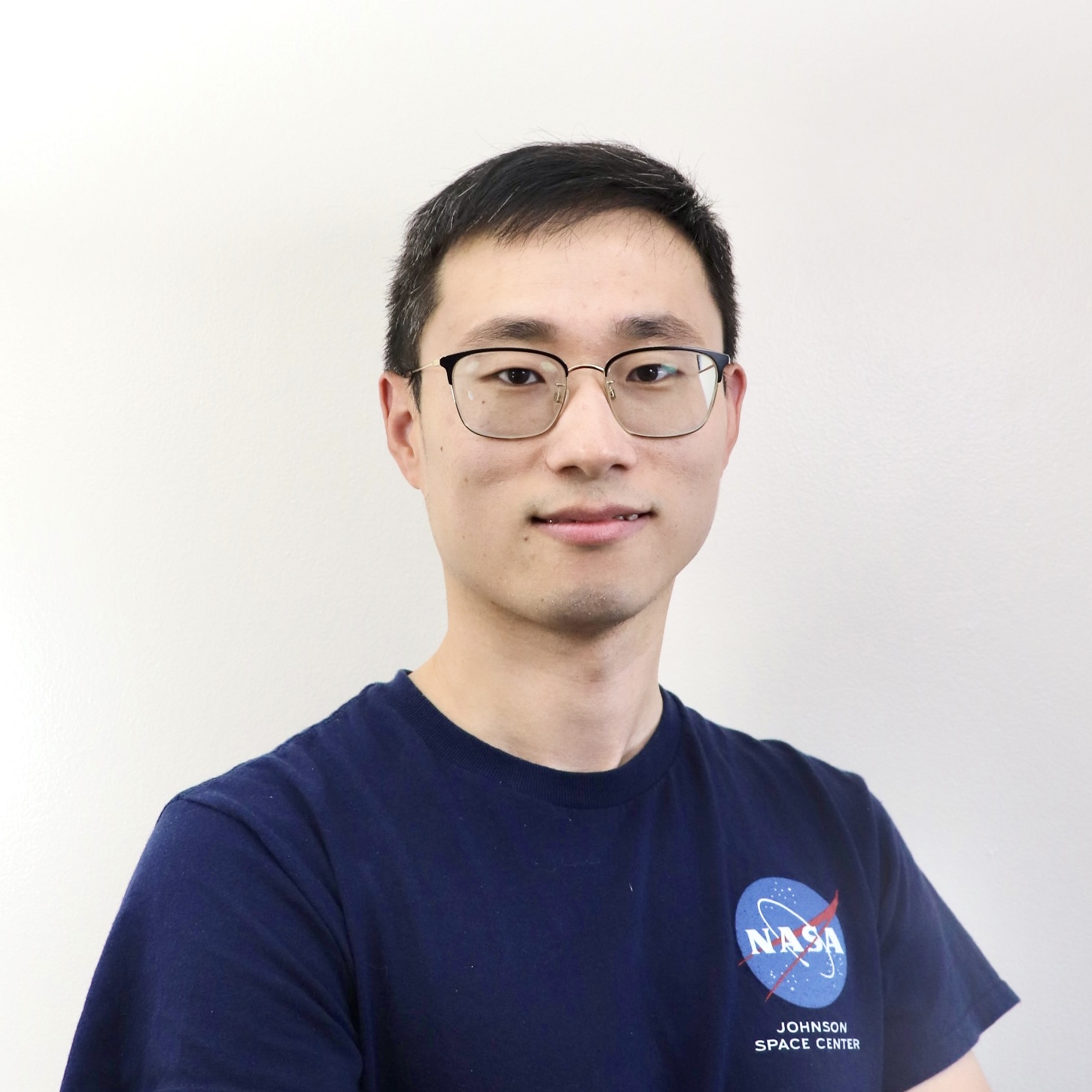Upcoming Event: Center for Autonomy Seminar
Xusheng Luo, Carnegie Mellon University’s Robotics Institute
11 – 12PM
Wednesday Oct 22, 2025
POB 6.304
Autonomous systems are rapidly moving from research labs into the real world, powering drones, self-driving cars, and service robots. Yet, their widespread adoption hinges not only on performance, but on assurance—the ability to guarantee that robots do what they are intended to do, safely and reliably, even under uncertainty. In this talk, I will present my vision for building assured autonomy at scale. I will discuss three interconnected thrusts. First, I will introduce new approaches to task specification based on hierarchical temporal logic, which enable robots to understand and execute rich, temporally extended, and user-friendly instructions. Second, I will show how correct-by-construction control synthesis can generate provably correct planners and controllers that bridge high-level specifications with low-level dynamics and motion constraints. Third, I will present verification methods for learning-enabled components, such as perception modules, that quantify safety and reliability in complex environments. Together, these efforts establish a foundation for autonomous systems that are expressive, scalable, and rigorously assured—laying the groundwork for trustworthy deployment in critical applications ranging from manufacturing to mobility.
Dr. Xusheng Luo is a Postdoctoral Fellow at Carnegie Mellon University’s Robotics Institute, working with Prof. Changliu Liu. He received his Ph.D. in Mechanical Engineering (Robotics) from Duke University under Prof. Michael Zavlanos, after earning his B.S. and M.S. in Aerospace Engineering from the Harbin Institute of Technology. His research advances assured and scalable autonomy by integrating logic, control, and learning, with the goal of making AI-enabled robots both capable and dependable. His work has been published in premier venues including IEEE Transactions on Robotics, RA-L, ICRA, and RSS, and has been recognized with the ASME DSCD Rising Star (2025) and NSF CPS Rising Star (2024) awards.
